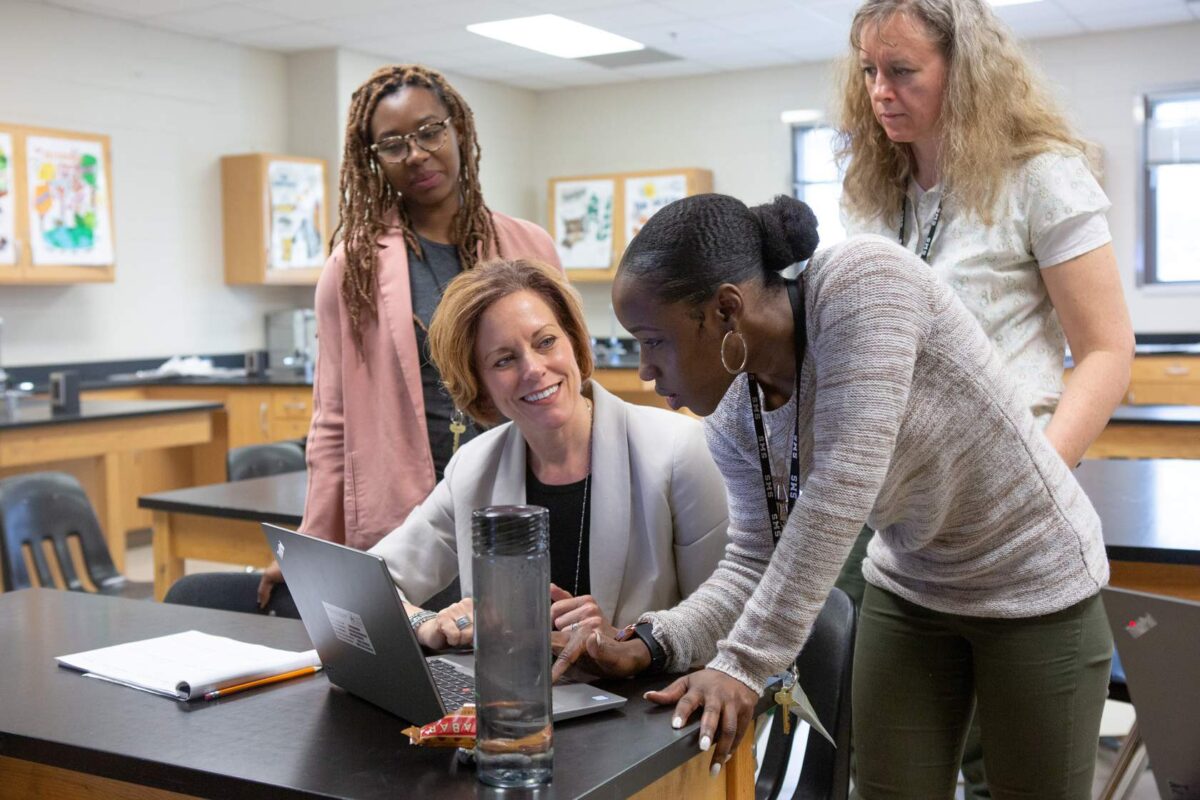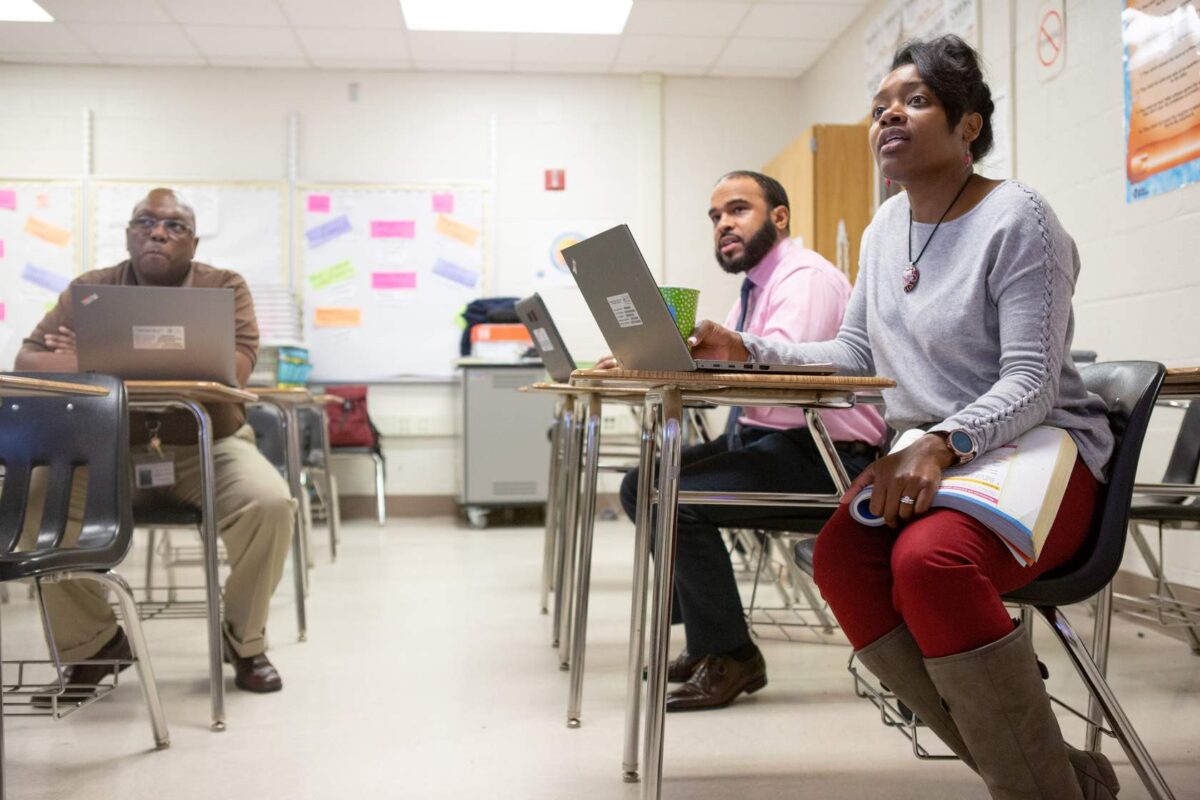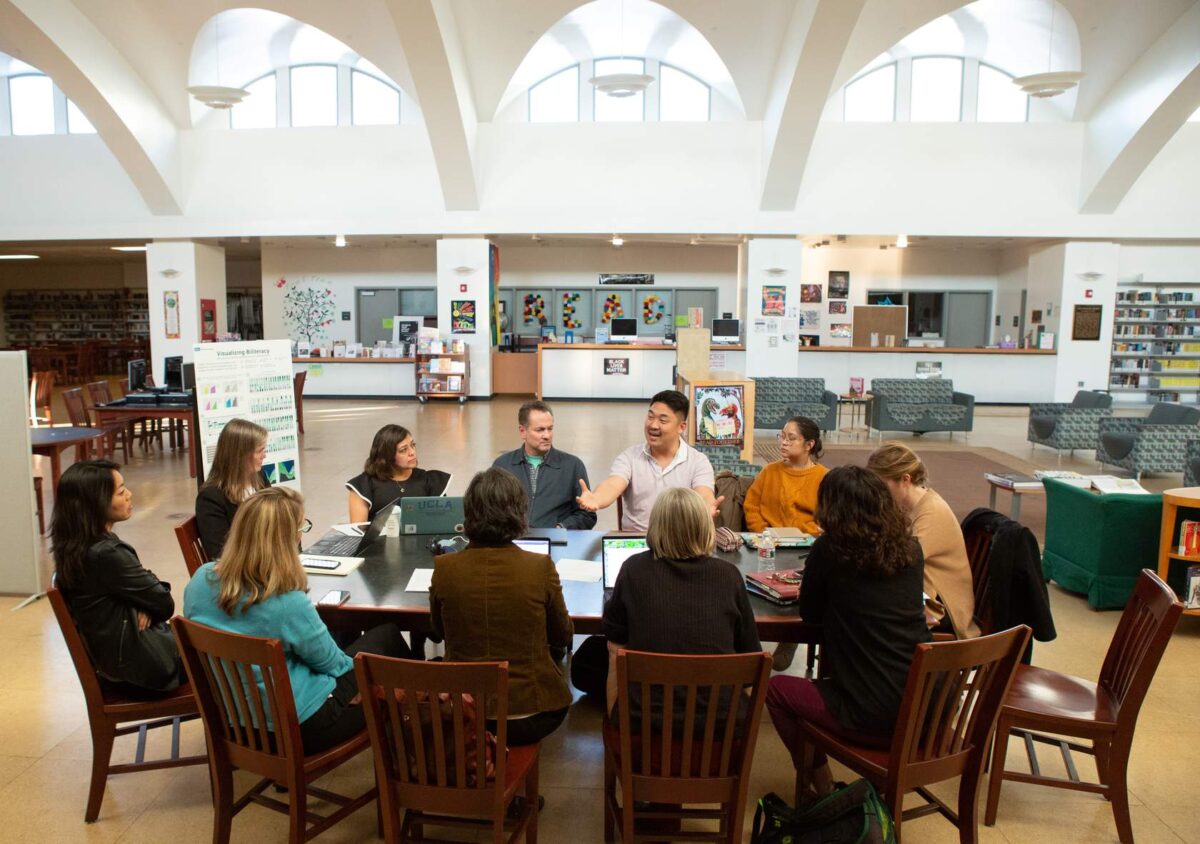Setting Norms for Stakeholder Feedback
Overview
Throughout this module, your district will develop evidence around specific pain points that rely on or refer to data in your district that are a priority to solve. This will involve implementing a series of stakeholder discussions to understand the experiences and pain points of your community. During this process, it will be important to remember that “competing perspectives are different approaches to the same goal. Everyone wants a well-designed and well-used information and reporting architecture.”
Focus groups and listening sessions are a key tool and strategy to gather diverse perspectives in a controlled and focused way, so that your district can clearly identify a responsive use case and solution. Use the following guidelines to ask your end users what they want and explore the experiences and challenges that they currently face.
Best Practices

Include a diverse and representative sample of people who create, maintain, and use the data system(s) in question.
Learn about the data that are relevant to your end users, and understand what data they engage with on a daily and weekly basis.


Understand the context in which your end users engage with data. In what meetings? How often? Who else is in attendance?
Focus on why users refer to data in the first place. What kinds of questions are they hoping to answer? What decisions are they making?


Suggested meeting norm
- Come with an Open Mind.
- Assume that we are all here with good intentions. Consider Intent Versus Impact.
- Treat one another as professionals.
- Be transparent
- Provide (and stick to) an agenda.
- For every complaint, suggest a solution.

Create and post meeting norms.
RESPECT…
- everyone’s schedule by starting and ending on time.
- the work of the meeting by coming prepared and sticking to the purpose.
- each other as human beings by asking for clarification and not making assumptions.
- yourself by behaving in a way you’ll be proud of when you leave the meeting.
Best Practices for Running Productive Focus Groups
Categorize the actions below into Do’s or Don’ts.